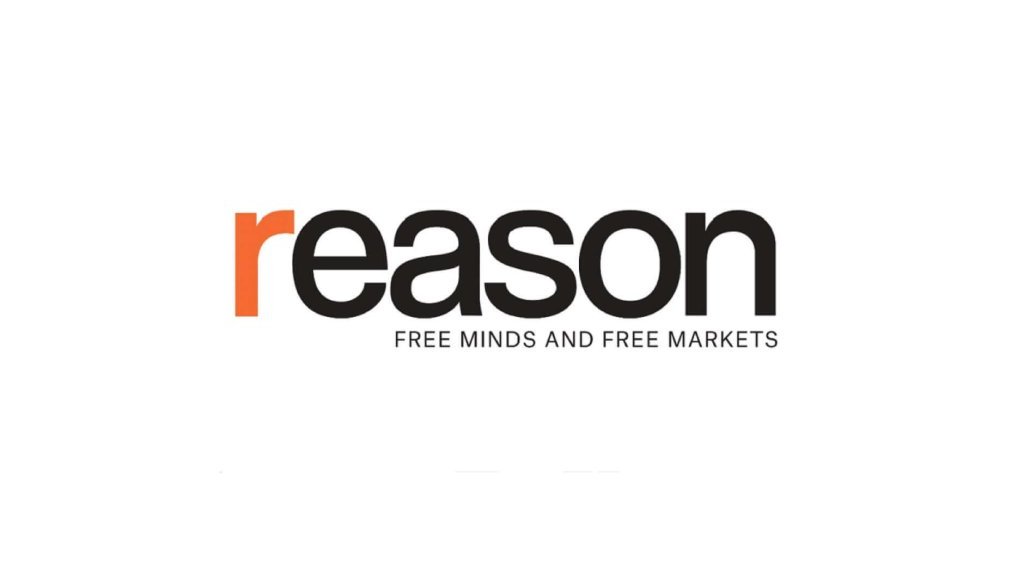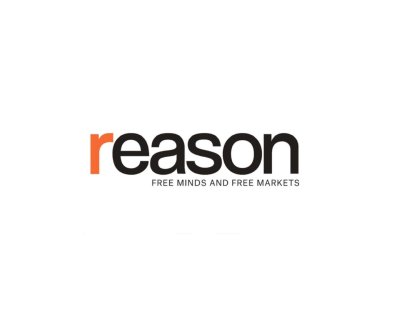Challenging Trump’s Tariffs Under the Major Question Doctrine
Back in February, I explained why Trump’s planned use of the International Emergency Economic Powers Act of 1977 (IEEPA) to wage a massive trade war against Canada and Mexico is vulnerable to challenge under the nondelegation and major questions doctrines. Georgetown law Prof. Jennifer Hillman has an excellent Lawfare article laying out the major questions argument against Trump’s IEEPA tariffs in greater depth and detail:
The U.S. Supreme Court’s articulation of the major questions doctrine may have created insurmountable hurdles to the president’s desire to use IEEPA as the legal basis for sweeping tariffs. Congress frequently delegates authority to the executive branch to regulate particular aspects of society, but in a number of recent decisions, the Supreme Court has declared that for an agency to decide an issue of major national significance, its action must be supported by clear congressional authorization….
The major questions doctrine entails that the Court “expect[s] Congress to speak clearly if it wishes to assign to an agency decisions of vast ‘economic and political significance’,” looking at the “the history and the breadth of the authority that [the Executive Branch agency] has asserted.” In Utility Air Regulatory Group v. EPA, the Court expressed skepticism when agencies claim to have discovered in a long-extant statute “an unheralded power to regulate ‘a significant portion of the American economy’….”
There can be no doubt that using IEEPA to impose broad tariffs is a major question. It falls squarely within the Supreme Court’s notion of a “novel” use of an “u
Article from Reason.com

The Reason Magazine website is a go-to destination for libertarians seeking cogent analysis, investigative reporting, and thought-provoking commentary. Championing the principles of individual freedom, limited government, and free markets, the site offers a diverse range of articles, videos, and podcasts that challenge conventional wisdom and advocate for libertarian solutions. Whether you’re interested in politics, culture, or technology, Reason provides a unique lens that prioritizes liberty and rational discourse. It’s an essential resource for those who value critical thinking and nuanced debate in the pursuit of a freer society.




